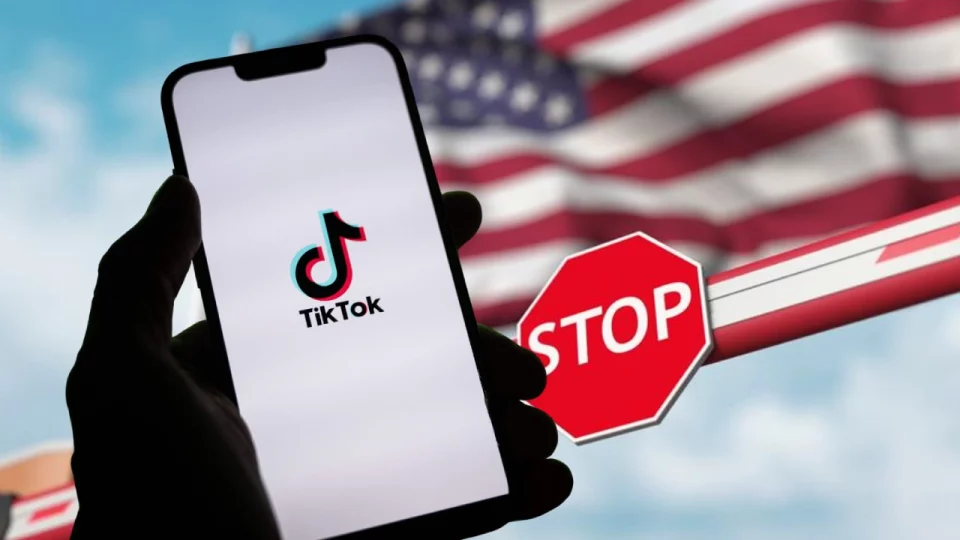With over 1 billion users worldwide, including a substantial 170+ million users in the United States alone, the app has fundamentally changed the way people interact with online content.
However, despite its success, TikTok is currently at the center of a political storm in the United States, as the looming possibility of a government-mandated ban threatens its future in the country.
Before diving into the legal and political challenges TikTok faces, it’s essential to understand the app’s meteoric rise. Launched in 2016 by the Chinese tech company ByteDance, TikTok quickly became a global phenomenon. Initially a platform for lip-syncing videos and dance challenges, it rapidly evolved into a space for a wide variety of content, from comedy sketches and educational snippets to viral trends and political discourse.
One of TikTok’s key features is its algorithm, which curates personalized content for each user based on their preferences, interactions, and past behavior. This algorithm has allowed users to discover content in a way that feels more intuitive and tailored than traditional social media platforms. Consequently, TikTok has garnered a massive user base, particularly among younger audiences, making it a powerful force in both entertainment and advertising.
However, this success has come at a cost, particularly in terms of political scrutiny, with governments around the world raising concerns about the app’s data privacy practices and its ties to the Chinese government.
Table of Contents
The Threat of a U.S. Ban
The possibility of TikTok being banned in the U.S. is not a new development. For years, the platform has faced criticism from U.S. lawmakers and national security officials who argue that the app poses a risk to American users’ data privacy. The crux of these concerns revolves around TikTok’s ownership by ByteDance, a Chinese company. Given China’s stringent data privacy laws and its government’s broad surveillance capabilities, U.S. officials have feared that TikTok could be used as a tool for espionage or that user data could be handed over to the Chinese government.
In 2020, former U.S. President Donald Trump signed an executive order threatening to ban TikTok unless ByteDance sold its U.S. operations to an American company. This move was part of a broader effort by the Trump administration to curb the influence of Chinese tech companies in the U.S. and to address national security concerns. TikTok vigorously fought back, and a prolonged legal battle ensued. While the ban was never fully enacted, the possibility of a government-mandated TikTok ban has continued to linger over the app.
Fast forward to January 2025, and the stakes are even higher. The U.S. Supreme Court is now poised to make a crucial decision regarding the future of TikTok in the country. The situation is more urgent than ever, as the Supreme Court is expected to rule on a case that could result in the app being banned across the United States. As of January 15, 2025, the court’s decision could come as soon as Wednesday, heightening the uncertainty surrounding TikTok’s future.
How it started: TikTok Under Fire: 13 States and D.C. Sue Over Harm to Youth
TikTok’s Internal Response
In light of the impending Supreme Court decision, TikTok’s internal response has been one of cautious preparation and communication. A leaked internal memo obtained by The Verge sheds light on how the company is approaching the situation. According to the memo, TikTok’s leadership team is “continuing to plan the way forward” as they prepare for various potential outcomes, including the possibility of a U.S. ban.
The tone of the memo is one of uncertainty, acknowledging the unsettling nature of the situation. Employees were informed that TikTok’s U.S. operations would remain open, regardless of the outcome of the court’s decision. The memo emphasizes that while the potential ban could impact U.S. users’ experience of the app, it would not affect the employment, pay, or benefits of TikTok’s employees in the United States. This communication underscores the company’s commitment to supporting its workforce during a period of significant instability.
One employee described the atmosphere at TikTok as “definitely stressful,” with even those who survived the first attempt at a U.S. ban feeling rattled by the renewed uncertainty. The company is reportedly working hard to manage employee concerns and provide as much clarity as possible in a time when much remains up in the air.
Preparing for the Worst Scenarios
In the face of potential U.S. action, TikTok is also exploring various contingency plans to safeguard its business operations. In the leaked memo, TikTok’s leadership noted that it is actively planning for multiple scenarios. Among these possibilities is the idea of selling TikTok’s U.S. operations to an American company, a proposal that has surfaced in the media multiple times.
One of the most high-profile figures linked to a potential TikTok acquisition is Elon Musk. Musk, known for his role in founding companies such as Tesla and SpaceX, has reportedly expressed interest in buying TikTok. However, there’s a catch: the Chinese government has the final say on any such transaction, and it remains unclear whether Beijing would allow Musk to take over the app.
Additionally, Frank McCourt, a billionaire real estate mogul and former owner of the Los Angeles Dodgers, has also floated the idea of purchasing TikTok’s U.S. operations. McCourt’s proposal, dubbed Project Liberty, aims to create a more independent and American-controlled version of TikTok. McCourt has garnered support from figures such as Shark Tank star Kevin O’Leary, who has publicly backed the idea. McCourt has even met with former President Donald Trump to discuss the proposal, raising the prospect of political involvement in the negotiations.
Despite these high-profile figures’ interest in acquiring TikTok’s U.S. operations, it remains unclear whether a deal will materialize. The Chinese government’s role in determining the future of TikTok is a significant hurdle, and negotiations could be further complicated by the shifting political dynamics in the U.S.
Check also: TikTok Made Me Buy It: How Viral Trends Are Changing the Way We Shop
